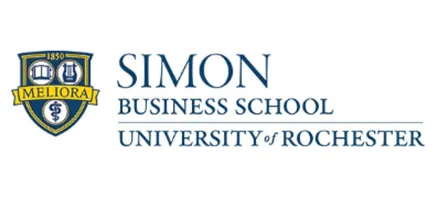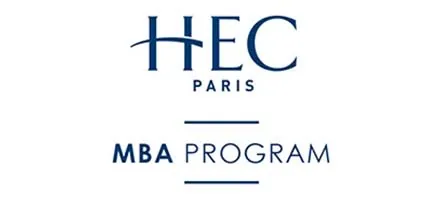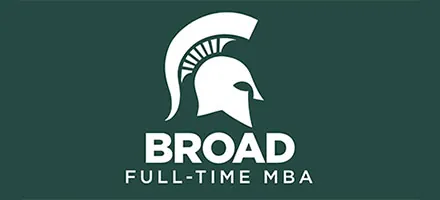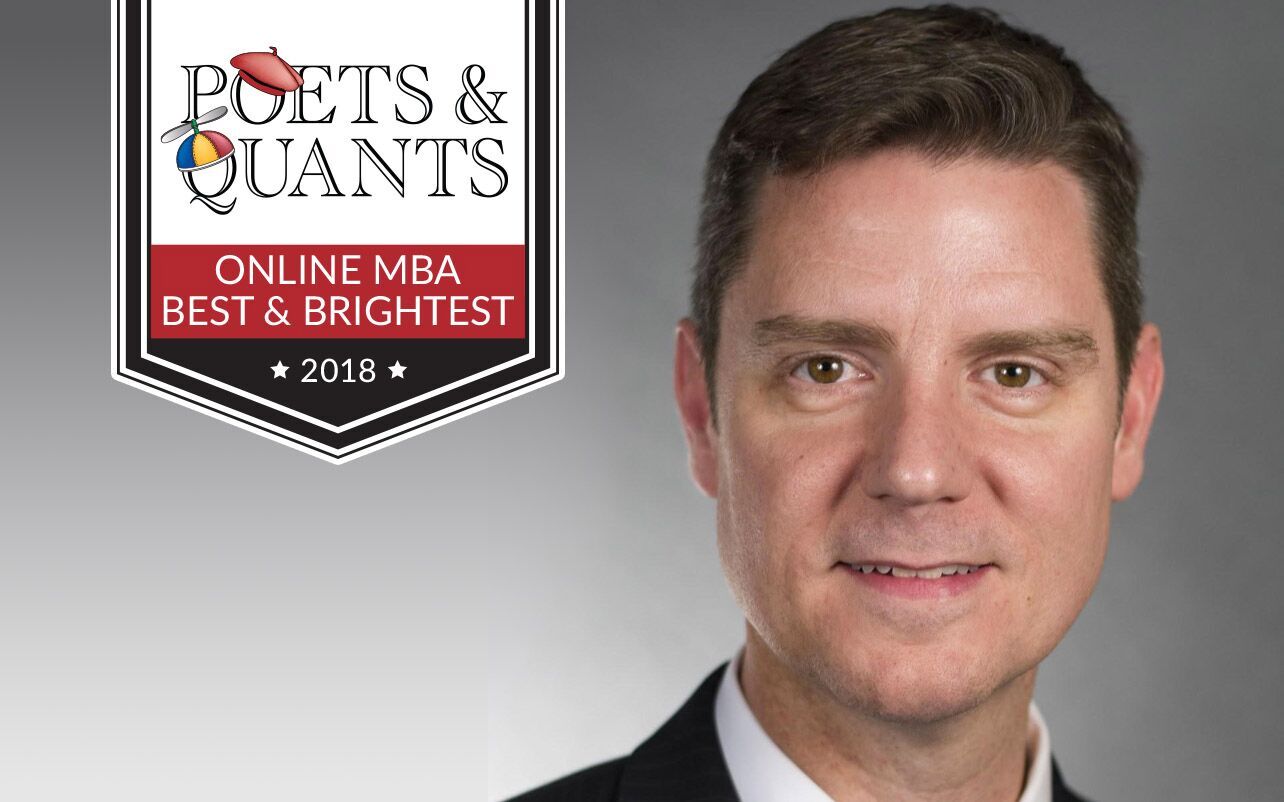Jason Young
University of Maryland, Robert H. Smith School of Business
“Accomplished senior executive, communicator, Obama appointee, and health nerd who remains calm in a crisis.”
Age: 43
Hometown: Washington, D.C.
Fun fact about yourself: Six years ago, at age 37, I got a cardiac defibrillator, my first step toward becoming bionic. Since then, I have served in the Obama Administration twice. In 2012, I was appointed Deputy Assistant Secretary for Public Affairs at the U.S. Department of Health & Human Services, where I led the public affairs effort on Obamacare. My second presidential appointment was in 2017 – to the U.S. Food and Drug Administration, where I was Acting Assistant Commissioner for Media Affairs. Health policy is made at the 50,000-foot level, but to me, health care is always personal. From the ICU to the cardiac ward to the implantation of my life-saving device, I incurred hundreds of thousands of dollars in medical expenses; only because of health insurance did I survive the illness and the bill, and I believe everyone should have that security.
Undergraduate School and Degree: University of Maryland at College Park, BA, Economics (1997)
Where are you currently working? AARP, Senior Vice President, Media Relations
What achievement are you most proud of in your professional career? From 2012 to 2014, I led the U.S. Department of Health and Human Services’ public affairs effort on Obamacare, helping 15 million Americans secure insurance coverage, for many for the first time in their lives. Not only was there a website crash and a government shutdown to cope with, but we were doing something not previously attempted – to bring the people most disconnected from the health care system into it. The contribution I made that I’m proudest of was coming to understand who was uninsured and where – down to the Census tract level – helping prioritize our outreach, advertising, resources and news media work to perfectly meet the need. (If only I had EMBA630, Data Models, back then!) Getting America covered was a daunting, awe-inspiring experience that toughened me as a get-it-done professional and a decision-maker, but it also exposed me to other roles I want to serve in, so I can have a greater impact. In short, I want to continue working to improve the U.S. health system, ensuring that it serves more families and does so in innovative and more efficient ways.
Why did you choose this school’s online MBA program? I chose Smith because of the peers and professors I wanted to engage with – people with a comprehensive, thoughtful perspective on the nexus of business and public policy. As a Maryland undergrad student (’97), I also knew Smith’s longstanding reputation for excellence. Now that I have been through the program, my expanded network is living proof of the quality of the people that Smith attracts. Two of my classmates work at Facebook, one works for a U.S. Senator, one for the 8th-largest public school system in the U.S., one runs concessions at Churchill Downs (home of the Kentucky Derby), many have military backgrounds (boy they know supply chain management cold), one is an E.R. doc, and several lead key initiatives across industry-leading firms, like Lockheed Martin, Northrop Grumman, GEICO, Freddie Mac and AMC Networks. My cohort spans an impressive geography – from San Francisco to Houston to D.C. to New York – which the online program makes possible.
What was your favorite part of being in an online MBA program? I’m a Maryland grad (’97), so I thought I knew what to expect my second time around, but Maryland didn’t have Oliver Schlake back then. See, our first day in the online MBA program wasn’t online, it was at a residency. When Professor Schlake walked in with four drones in hand, I knew we were in for a great ride. His enthusiasm – for drones and for us, his students – inspired and challenged us; my team and I spent the first night trying to develop business applications for the technology. The next day, we had to pitch our business idea Shark Tank-style, with the requirement that our drone was retrofitted as our flying prototype. We dreamed up a liquified natural gas pipeline inspection operation, complete with cameras and sensors and… Team Skyscan Global won!
What was the most surprising thing about an online learning environment? Studying negotiation online mirrors real life better than any in-person breakout session ever could. Every week, my classmates and I would be assigned to negotiate a case; sometimes we’d work it out over email, phone call, or videoconference. When we were in one of our synchronous class sessions, just one click would whisk us into a private web conference to negotiate with each other. Negotiating across a range of formats was the most useful experience, because it most closely resembles how business negotiations are conducted today.
The online format also allowed us to immerse ourselves in material – material the professor had and could quickly convey, data and materials we uncovered, and the analyses, models and tools we created. The online format empowered us to dissect companies like E*Trade, Amazon, Southwest Airlines, GE, ECCO, IBM, and of course the ill-fated Kodak. I am convinced there are some subjects that are better taught online than in person, and of course many classes that can be taught equally effectively no matter the format.
How did your online experience compare with your in-the-classroom experience as an undergraduate student? In EMBA678, Ethics, my classmates and I received several emails from Bernie Madoff. I’m not kidding. There were two reasons that wasn’t really possible during my undergrad years in the mid-1990s: email was in its infancy, and Madoff hadn’t committed the biggest fraud in U.S. history yet. Our ethics professor, David Weber, who previously was chief investigator for the Securities and Exchange Commission, did a superlative job of using technology to bring us practically face-to-face with names ripped from the headlines. Every discussion was a fascinating one, and each compelled us to think deeply about ethics in business. During undergrad, I can safely report I never received an email marked “Inmate Madoff, Bernard L. (#61727054).”
Also, I was a lousy student 20 years ago. As a gay student whose coming out was poorly received at home, I had to become self-sufficient and worked full time, which pulled my focus from school. But the perseverance and self-possession that helped me get through that trying phase of life are resources I still have. With the obstacles long gone – and with a happy family, a supportive network, and a strong career in their place – my Smith experience was nothing short of night-and-day different from the turmoil of my undergraduate days.
What is your best piece of advice to an applicant for thriving in an online MBA program? It’s an online program, true, but there is so much team work that it is 100% worth it to take your role as a teammate seriously. Be the kind of team member you would want someone to be for you. You will work with so many great people, and the workload is lighter and passes more quickly that way.
How has your online education helped you in your current job? I wouldn’t say “online” education has helped me, but rather that my MBA education has helped me. In other words, the online qualifier isn’t necessary or important – this is an MBA program, with all the intensity, rigor, breadth and depth of all other MBA programs. It has given me the intellectual framework to be a strong, informed steward of resources – skills that I use in my current role as a senior vice president of AARP and that will serve me over the rest of my career. Every day, I am confronted with new challenges and opportunities at AARP; the MBA program has added rigor to my thinking and helped me better appreciate my colleagues’ roles and responsibilities and how they may assess new information and different situations.
If you had to do it all over again, would you? Why? Yes! It’s vital that we take on new experiences in order to grow, and Smith has been the best growing experience I could have asked for. But I would change one thing: I would make time for the international residency, too – an optional component Smith opened to online MBA students this year.
What is your ultimate long-term professional goal? One day, I hope to serve in a chief executive capacity. When I started this program, I felt an essential step in achieving my goal was to acquire the intellectual framework to be a strong, informed steward of resources, whether I’m leading a public or a private sector enterprise. My hope is to continue working to improve the U.S. health system, ensuring that it serves more families and does so in innovative and more efficient ways. The Smith online MBA program has put me closer to achieving my goal.
DON’T MISS: THE COMPLETE 2018 LIST OF THE BEST & BRIGHTEST ONLINE MBAS or OUR DEBUT 2018 RANKING OF THE BEST ONLINE MBA PROGRAMS IN THE U.S.










